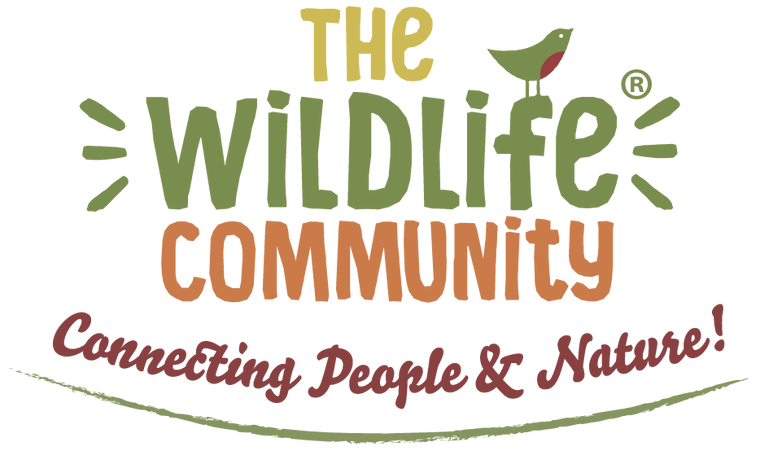
Organic September: How To Live More Organically
You may think that the organic movement is a new thing, however its 'roots' go all way back to 1946, when the association was founded. We seem to associate organic with higher prices, but what does organic actually mean and what are the benefits of using organic products? Read on to find out how living organically can help you, whilst also helping the planet in the long run.
What is Organic September?

Running throughout the entirety of the month, 'Organic September' was set up by the Soil Association in 2012. The educational research body was founded by a group of farmers who were concerned about health implications of increasingly intensive farming systems following the aftermath of the Second World War. Since starting as a single farm, the association has since grown to influence the government on UK food, farming and forestry policies. This years Organic September theme is focused on highlighting the fundamental connection between healthy soil and healthy food, avoiding artificial pesticides and fossil-fuel derived fertilisers. By eating organically, we can all nourish our "gut gardens", which in turn will benefit our gut microbiome leading to a healthier living.
What does 'organic' actually mean?
Organic refers to a system of farming and food production. Products made organically must fulfill certain criteria, meaning they have been produced and prepared in accordance with detailed standards which have been laid down by law. A product can only be described as organic if it does not contain any genetically modified or irradiated material. It also needs to be the product of an organic farming system, meaning no use of man-made fertilisers, pesticides, growth regulators or livestock feed additives. Organic producers also need to be registered and inspected by an approved organic certification body.
Why should I choose organic?
You may have seen in the supermarkets that organically made food usually costs more than other methods. Typically organic food costs more because of higher production costs in keeping and maintaining an organic farming system, such as increased labour and the use of natural feeds. However, many often choose organic food for its improved taste and health reasons as no pesticides are used in its production. In the long run, organic also promotes better soil quality and biodiversity, as some pesticides can be harmful to wildlife. If supermarket organic foods are too expensive, the best value food can often by bought directly from farmers or producers via a box scheme. It is worth shopping around to make sure you getting the right deal.
How can I make organic choices?

As well as eating organic food, we can also make small changes to be more environmentally friendly in the way we grow vegetables. Plastic Free Gardening presents an eco-friendly solution for sustainable and ethical garden products. Organic Coir Seedling Pots are made from certified organic coconut fibre and have been combined with Fair Rubber Association Fairly Trade natural rubber to keep their shape. They are ideal for seeds, seedlings and cuttings and no repotting is required. Natural Rubber Seed Trays are another eco-friendly choice in the garden, as the natural rubber is responsibly sourced from small farmers. The rubber used makes the trays more durable and flexible compared to their brittle plastic counterparts. For seeds, seedlings, plugs and cutting that require deep roots, the Natural Rubber RootCoach™ provides a perfect start for plants which are sensitive to root disturbances or require deep root beds. These are also made from Fairly Traded FSC certified natural rubber, with no frame being required, making them perfect to grow deep-rooted vegetables and fruit such as runner beans and strawberries.
How can I take part in Organic September?
There are a number of different ways that you can get involved with Organic September this year. The Soil Association has put together an 'Organic Living Guide' on their website which you can find here, with details on how you can support the organic movement at home. Their website also features a map on where you can find organic produce local to you.



